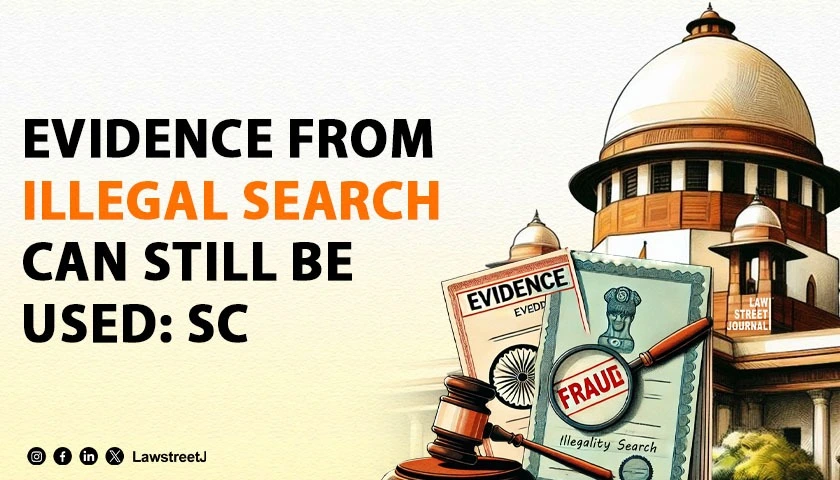On Wednesday, 10th June 2020, The Union Government has started the procedure for decriminalizing economic offenses that are punishable at present with a jail term, fine or both. The Government has sought opinions from stakeholders like state governments and the public on proposals to amend 19 acts that criminalize economic offenses like bounced cheques.
As per the Centre, this step is aimed at speeding the cycle of economic growth and encouraging firms. There is a growing concern in the government that there may be an increase in financial failures due to the Covid-19 pandemic and economic distress that can be treated as fraud under current rules. These proposals include amending the Negotiable Instrument Act, which deals with the dishonoring of a cheque or, in simple terms, the cheque bouncing.,
Besides, the state of reason issued by the Finance Minister on Monday, 8th June 2020 also addresses the necessary changes to the various parts of the Prohibition of Unregulated Deposit Schemes Act, the RBI Act, the NABARD Act, the SARFAESI Act, the Insurance Act, PFRDA Act and Payments and Settlements Systems Act. I
n order to get the opinion of all stakeholders, the Finance Ministrys department Financial Services has asked state governments and UT administrations, civil society / non-government organizations, academicians, public and private sector organizations, multilateral institutions and members of the public to submit their opinions and comments by 23rd June 2020 at the latest.
The central government will study the opinions and finalize the rules. According to current law, anybody accused of issuing a cheque that is dishonored or runs an unauthorized deposit scheme that is insolvent will face imprisonment or a penalty or both. The Government is proposing to decriminalize such offenses.
Instead, the Government is proposing to implement a system of compounding in which the accused party will have to pay the fine and the case would be put to an end. The idea is that the aspect of criminality will be resolved by a judge, while the actual punishment can be assessed by an adjudicating office with quasi-judicial authority.
The statement of reason issued by the Ministry of Finance states, Decriminalization of minor offenses is one of the thrust areas of the government. The risk of imprisonment for actions or omissions that arent necessarily fraudulent or the outcome of mala- fide intent is a big hurdle in attracting investments. The ensuing uncertainty in legal processes and the time taken for resolution in the courts hurts the ease of doing business.
However, the government doesn't want to make things easier for those with ill intent. That's why the Ministry of Finance's plan calls for a compromise whereby mala- fide intent will face penalty and less severe offenses will only be compounded. The legal framework, which the Government plans to establish, involves sufficient sanctions that may act as a deterrent.
The statement of reasons notes that the key objectives of the reclassification of criminal offenses as compounding offenses are to minimize the pressure on businesses; to encourage trust in investors; and to determine the extent of non-compliance, i.e. fraud as opposed to incompetence or inadvertent neglect and the ordinary form of non-compliance before the assessment of criminal liability.









m k jain Jun 15, 2020
A cheque is used to pay money owed. The offence of drawing cheque (s) without maintaining sufficient balance in the Bank account should continue to be a criminal offence and punishable by imprisonment as per existing provisions. The provision is the only deterrent against the deceitful drawer of the cheque. I am a retired Govt. officer, age 64, residing at Ghaziabad. I have rented my house at Dehradun, for 11 months from 12/2019 to a school teacher of Basic Siksha Vibhag, UP Govt., entered into a Rent Agreement, obtained post- dated cheques. The tenant is neither paying rent nor vacating my house. All his cheques for rent from Dec 2019 to May 2020 months have bounced. On further inquiry I found that he had done same to his previous landlords. Now I have filed an application under Section 138 at Ghaziabad by paying, a considerable amount of fee out of my pension, to an Advocate, expecting that due to fear of imprisonment provision, the tenant may pay rent /vacate my house. Though I learnt that more than forty lakhs cases under Sec 138 are pending in various courts in India and the Court decision shall take time; 2 to 3 years. But I have no other course of action; at least the time taken may be less than the Civil case, necessarily to be filed at Dehradun, where to get a house vacated may take at least 4-5 years with larger Advocate fee. So, my request is that the provision of criminal offence in Section 138 of Negotiable Instruments Act may not be removed. In fact, it should be strengthened to imprison fraudulent drawers of the cheques. Any other suggestions from the readers are welcome